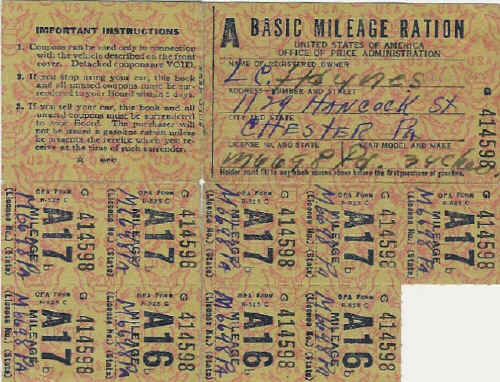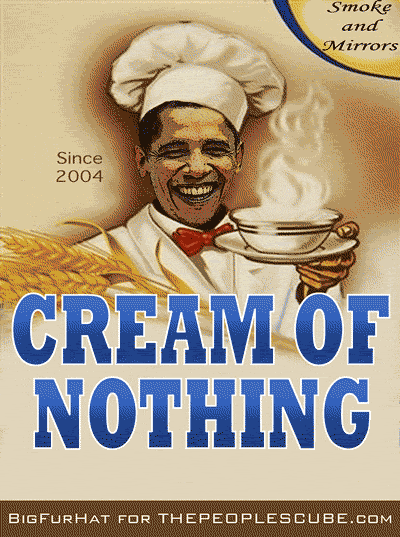Teen Challenge board suckered into Petter's scam!
Comment: One of the first responsibilities of a board is to act in a fiduciary capacity. This board foolishly risked their non-profit's funds for 24% interest on a 90 day loan. Rule # 1: "If it's too good to be true ... it's true good to be true!" Boy they walked right into that didn't they!
Rich returns give way to panic and fear
Excerpt:
One small Twin Cities nonprofit say it earned as much as 24 percent on 90-day loans that Petters Co. Inc. said were used to buy and resell electronics goods.
Then last week, federal authorities raided Petters' company, his home and several other locations. In court documents, the government describes a scheme that may have bilked investors out of as much as $2 billion. On Tuesday, the government charged one of the people identified as a participant in the scheme.
Two of the investors named in court papers, the Fidelis Foundation and Minnesota Teen Challenge, say they first noticed signs of trouble late last year, when Petters Co. asked to extend their loans to as long as six months. Now they are worried that they may not get any of their money back, a potentially devastating blow for the organizations.
Fidelis Foundation of Minneapolis holds $27.6 million in Petters Co. notes that may ultimately be worthless. Among them are five notes for $5.7 million to Teen Challenge, a nonprofit program that Petters personally supported.
"We are overwhelmed, shocked and saddened," said Joe Smith, president of Fidelis.
Fidelis is a public charity that also serves as an investment agent for other public charities and nonprofits, including Teen Challenge.
Minnesota Teen Challenge













